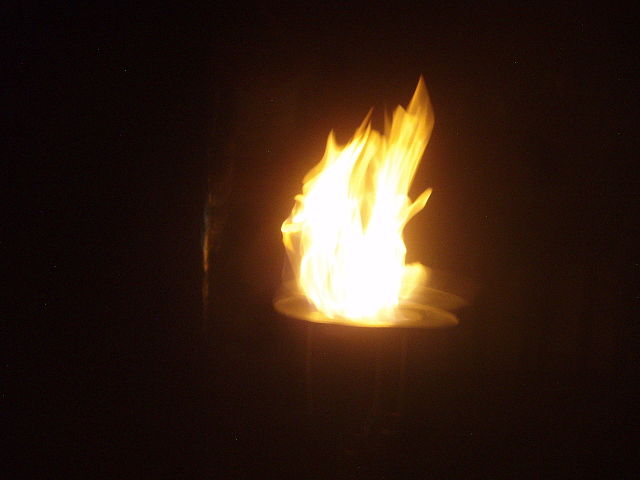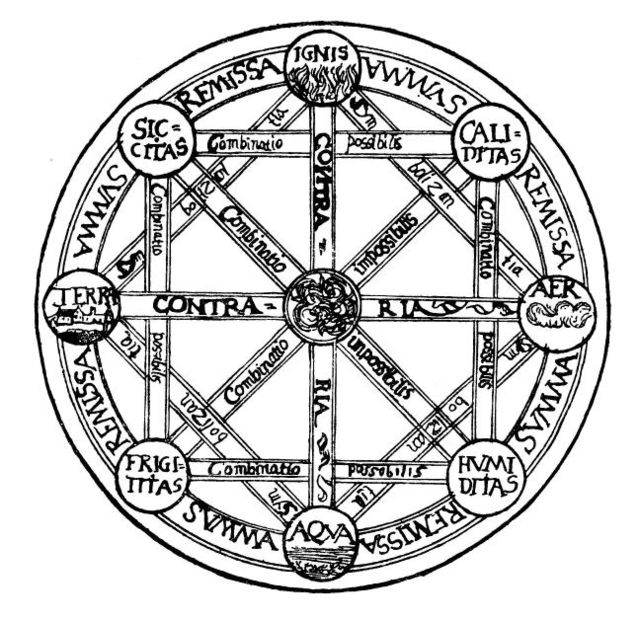Infinite photos and videos for every Wiki article ·
Find something interesting to watch in seconds
Ancient Marvels
Celebrities
Great Cities
Famous Castles
Presidents
Countries of the World
Sports
Wonders of Nature
Tallest Buildings
Largest Palaces
World Banknotes
Great Museums
Supercars
Recovered Treasures
British Monarchs
Richest US Counties
Best Campuses
Animals
Wars and Battles
Largest Empires
Great Artists
Rare Coins
Orders and Medals
Crown Jewels
History by Country
Kings of France
more top lists





